Issue 10 of Saranac Review marks a decade that this annual of the SUNY College at Plattsburgh Department of English and Writing Arts Programs has been publishing. “No easy task,” remarks J.L. Torres in the Editor’s Notes. Torres mentions “then Provost Robert Golden, who secured budgetary support for the journal” in its infancy.
I’m glad Torres names Provost Golden. Such support as this is crucial for an academic publication to survive. A decade or so ago, I heard remarks from independent journal editors about how “easy” academic literary magazines had it because their funding was secure. I knew first hand this wasn’t true. At one college, I founded and led the college’s literary journal, and hoped the fact a key administrator’s daughter was in a creative writing program would offer us some of that mythical security. It did not. The journal was pitted against the outdoor club for an annual scrap of funding, and lost. Seems our administrator enjoyed hiking more than reading.
Then the recession hit, and college administrators nationwide went after every penny they could seize. Literary magazines make easy targets: seemingly “frivolous” and non-essential, especially publishing works those in decision-making roles find difficult to understand, if they read them at all. Numerous times, NewPages went to bat for these threatened publications, writing letters on their behalf to presidents, deans, provosts, and encouraging others to do the same. Yet we watched them fall. (Isotope, I still miss you!)
I listened to the shift in conversation, to editors talking about removing publications from their academic homes in order to save them, to find their own means of secure funding, and to be able to control the content (another long-standing battle that can occur in academic settings). I watched publications move online, either under pressure from an administration that believed this meant the journal would be “free” to publish, or from editors simply trying to save the publication with this less expensive format (usually along with the loss of their stipends, release time, office space, support staff, etc.). This was a risky move since, at that time, online publications were considered suspect in terms of credibility and stigmatized as “lower quality.”
The challenge continues, in this day and age of STEM not only is the focus on science, technology, engineering and math in education, but people in these fields tend to come with deep pockets that can support all kinds of initiatives (like new multimillion dollar campus buildings). Still, I am encouraged by the number of times I see STEAM as the emerging acronym, including “the arts” as being as vitally important to the creative process and on equal ground when it comes to critical thinking and developing the “whole” human being. It is an inclusion and partnering that is essential. The goal now is to continue encouraging and working with those in positions of decision making and power over the purse strings to see the value in the arts as much as those supporters of STEAM do, and as much as we do.
I don’t know former Provost Robert Golden, but he has my respect, as do all chairs, deans, provosts, vice presidents, and presidents who support the arts at their schools – not just in words, but in the cold, hard cash necessary to keep the arts alive and vibrant, as whole and as valid as any other aspect of academic study, professional and human development.
I recently attended the anniversary of a famous American composer who came back to his former college to celebrate with the former college president. I listened to speeches about how the arts were funded and supported at the school. I watched colleagues and community members give this former president a standing ovation. I’m sure he wasn’t a perfect president in his day, but whatever his faults may have been at the time, they hadn’t followed him into the future. I wondered about other college presidents, how they might be remembered years after they retired. I can imagine the Saranac Review having a 10th anniversary celebration and Robert Golden being invited. I can imagine that he, along with those currently in positions of power, would receive a standing ovation for their continued support of the publication.
It’s good to be recognized. If there are those at your college who have shown support in the past and in the present, I hope that you will take the opportunity to recognize them. Have some event where they are invited. Initiate a standing ovation to them. If you’re online, maybe you can find some way to create a virtual standing ovation. It doesn’t mean there haven’t been and won’t be struggles to survive, but don’t let their good efforts go unrecognized. I think those who have not done likewise should know the recognition they’ve lost, the respect they will never experience ten years, twenty years, thirty years later. I have seen that over time, people have not forgotten this good work. Those in positions now should see what they can choose to continue or not, what their own legacy could be.
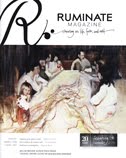 Ruminate Magazine Winter 2014-15 features poetry by the winners of the 2014 Janet B. McCabe Poetry Prize judged by Jeanne Murray Walker: First Place Emily Rose Cole; Second Place Charity Gingerich; Honorable Mention J. Scott Brownlee (whose poem “Pasture Ode” can be read here on Ruminate). Also featured are visual works in full color by the winners of the 2014 Kalos Visual Art Prize judged by Mary McCleary: First Place Hilary White, whose work is featured on the cover in addition to a portfolio within; Second Place Aaron Lee Benson; Honorable Mention Lisa Discepoli Line.
Ruminate Magazine Winter 2014-15 features poetry by the winners of the 2014 Janet B. McCabe Poetry Prize judged by Jeanne Murray Walker: First Place Emily Rose Cole; Second Place Charity Gingerich; Honorable Mention J. Scott Brownlee (whose poem “Pasture Ode” can be read here on Ruminate). Also featured are visual works in full color by the winners of the 2014 Kalos Visual Art Prize judged by Mary McCleary: First Place Hilary White, whose work is featured on the cover in addition to a portfolio within; Second Place Aaron Lee Benson; Honorable Mention Lisa Discepoli Line.
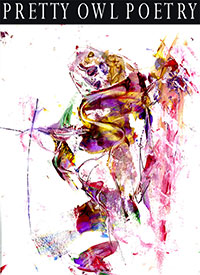
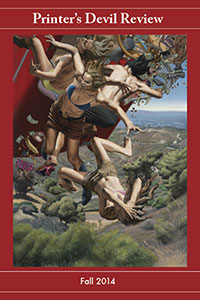

 Skin is the special focus of
Skin is the special focus of 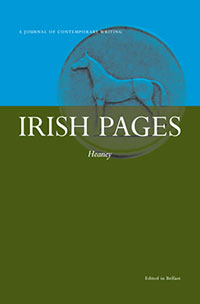 Edited by Chris Agee and Cathal Ó Searcaigh, the newest issue of
Edited by Chris Agee and Cathal Ó Searcaigh, the newest issue of 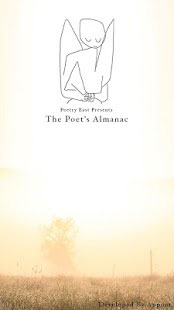
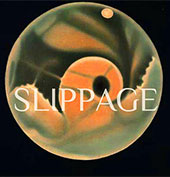 While science, technology, engineering and mathematics – STEM – is the recent focus in education, I am pleased to find pockets where the value of arts is retained: STEAM. The online literary/arts journal
While science, technology, engineering and mathematics – STEM – is the recent focus in education, I am pleased to find pockets where the value of arts is retained: STEAM. The online literary/arts journal 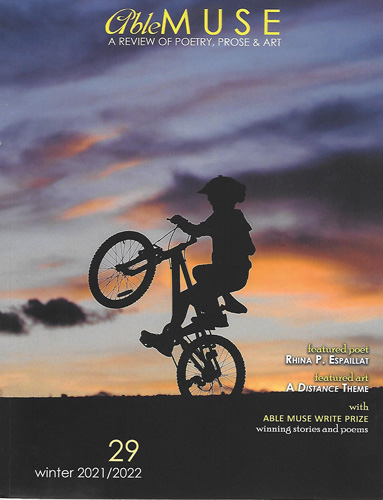
 The
The 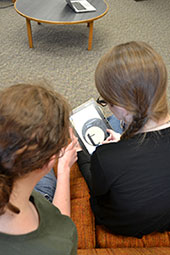
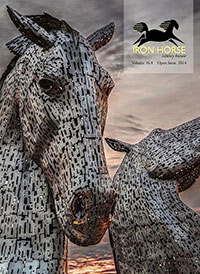
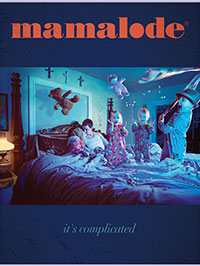
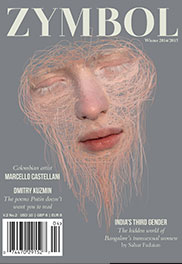
 First place: Eva Lomski [pictured], of Melbourne, Australia, wins $1500 for “The Things We Build.” Her story will be published in Issue 96 of Glimmer Train Stories.
First place: Eva Lomski [pictured], of Melbourne, Australia, wins $1500 for “The Things We Build.” Her story will be published in Issue 96 of Glimmer Train Stories.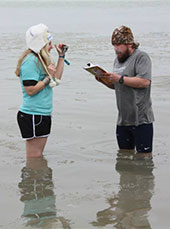 $50 knees
$50 knees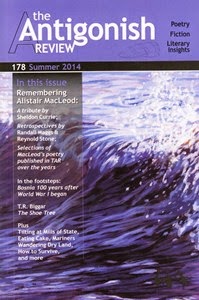 The newest issue of
The newest issue of 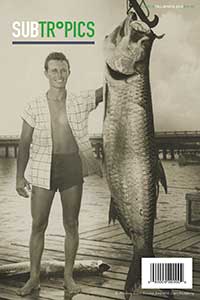 I’ve noticed lately that print literary journals take a variety of approaches to how they use the back cover of their publication. Their backsides might be completely blank, carry over the cover art from the front, feature a separate artwork, be a money-making ad spot for anything from creative writing programs to publishing to chocolates, list contributors – and perhaps even include a tag line for the works inside.
I’ve noticed lately that print literary journals take a variety of approaches to how they use the back cover of their publication. Their backsides might be completely blank, carry over the cover art from the front, feature a separate artwork, be a money-making ad spot for anything from creative writing programs to publishing to chocolates, list contributors – and perhaps even include a tag line for the works inside.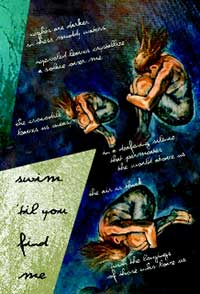 Subscription that is! Still looking for a great gift for someone on your list? One of my favorites is
Subscription that is! Still looking for a great gift for someone on your list? One of my favorites is  The Winter 2014 issue of
The Winter 2014 issue of 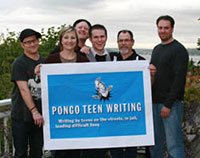 According to founder, writer, and teacher Richard Gold, “The Pongo methodology serves multiple audiences: (1) Therapists and teachers who work with at-risk youth, in private practice or through agencies or in special schools; (2) College students, therapists, artists, and teachers who are interested in starting writing programs in jails, shelters, hospitals, and special schools; (3) College students and faculty in schools of social work, medicine, creative writing, psychology, and education; (4) Staff in institutions, such as jails and hospitals, who are interested in expanding their programming. Multiple agencies, colleges, and institutions can come together to sponsor a Pongo visit and training.”
According to founder, writer, and teacher Richard Gold, “The Pongo methodology serves multiple audiences: (1) Therapists and teachers who work with at-risk youth, in private practice or through agencies or in special schools; (2) College students, therapists, artists, and teachers who are interested in starting writing programs in jails, shelters, hospitals, and special schools; (3) College students and faculty in schools of social work, medicine, creative writing, psychology, and education; (4) Staff in institutions, such as jails and hospitals, who are interested in expanding their programming. Multiple agencies, colleges, and institutions can come together to sponsor a Pongo visit and training.” Disability and Poetry is the topic of discussion in the
Disability and Poetry is the topic of discussion in the 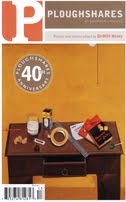 The newest issue of
The newest issue of 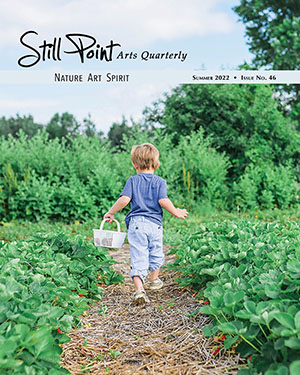
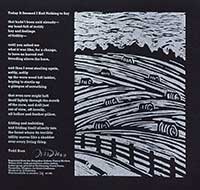 Here’s a great holiday gift for any poetry lover on your list:
Here’s a great holiday gift for any poetry lover on your list: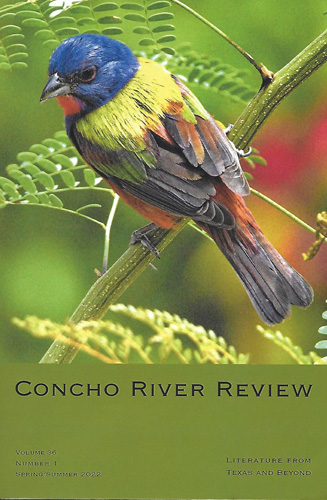 As noted in the Fall 2014 Forward of
As noted in the Fall 2014 Forward of 
 I selected this cover image on
I selected this cover image on 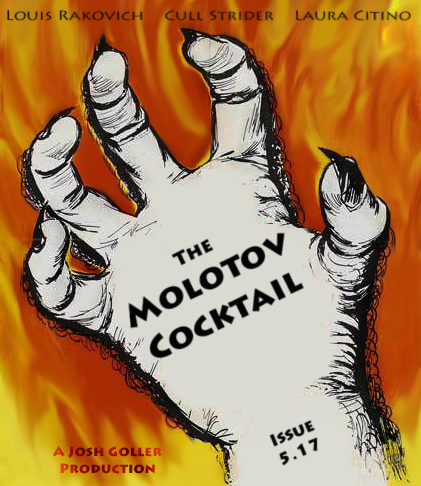 It was both the image and the opening editorial lines that drew me to this issue of
It was both the image and the opening editorial lines that drew me to this issue of  Melissa R. Sipin, winner of the 2013 Glimmer Train Fiction Open, offers a craft essay in the
Melissa R. Sipin, winner of the 2013 Glimmer Train Fiction Open, offers a craft essay in the 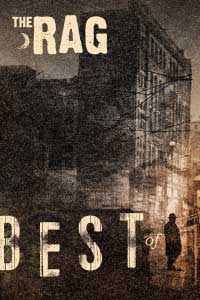 If you’re looking to read from an independent, writing a bit on the gritty and grimy side, cutting-edge, and fresh – all words Editors Seth Porter and Dan Reilly use to describe
If you’re looking to read from an independent, writing a bit on the gritty and grimy side, cutting-edge, and fresh – all words Editors Seth Porter and Dan Reilly use to describe 
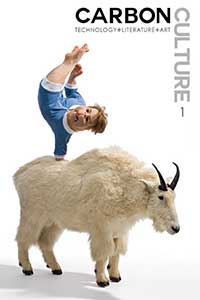
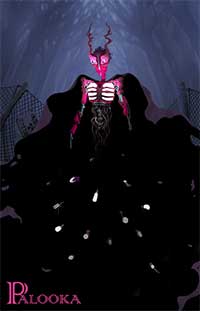
 First place: Rowena Macdonald, of London, UK, wins $1500 for “My Brother Is Back.” Her story will be published in Issue 96 of Glimmer Train Stories. [Photo credit: Martin Fuller.]
First place: Rowena Macdonald, of London, UK, wins $1500 for “My Brother Is Back.” Her story will be published in Issue 96 of Glimmer Train Stories. [Photo credit: Martin Fuller.] Founded by Alexandra Berlina, Department of American Studies, University of Duisburg-Essen,
Founded by Alexandra Berlina, Department of American Studies, University of Duisburg-Essen, 
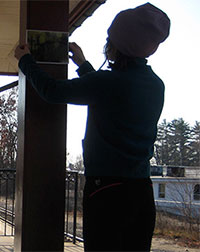 We hope you are feeling deeply connected to the things in your lives for which you are grateful. Among our many gratitudes is that Broadsided is a responsive entity, developing its interactions with the world as situations arise. The events in Ferguson, Missouri have, as we all know, radiated outward to touch upon deep issues in American culture. Race, power, violence, justice, and questions of how we can create and maintain a society that is just and safe for all its citizens.
We hope you are feeling deeply connected to the things in your lives for which you are grateful. Among our many gratitudes is that Broadsided is a responsive entity, developing its interactions with the world as situations arise. The events in Ferguson, Missouri have, as we all know, radiated outward to touch upon deep issues in American culture. Race, power, violence, justice, and questions of how we can create and maintain a society that is just and safe for all its citizens.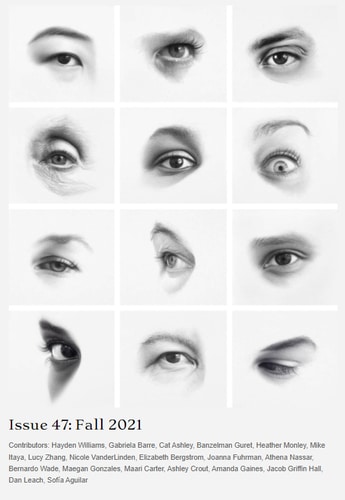 Volumes 40.1 & 40.2 / 2014 of the
Volumes 40.1 & 40.2 / 2014 of the 
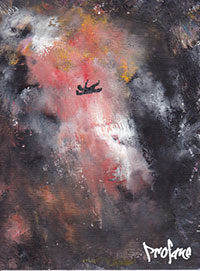
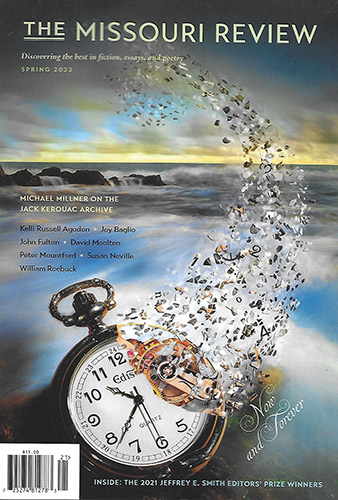
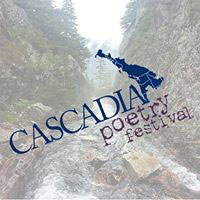 The
The 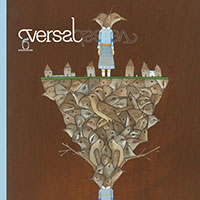 Amsterdam-based
Amsterdam-based 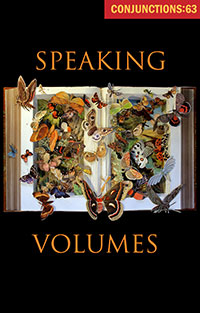
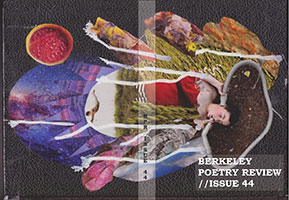
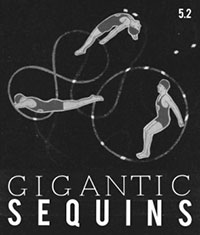
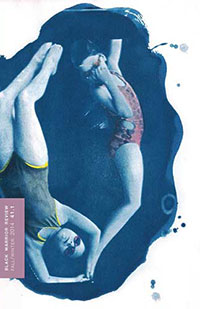
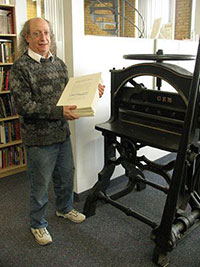 We were saddened to hear the news today that
We were saddened to hear the news today that 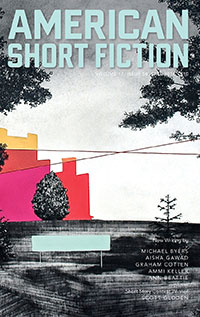 The Fall 2014 issue of
The Fall 2014 issue of  The newest issue of
The newest issue of  M. Scott Douglass, publisher and editor of
M. Scott Douglass, publisher and editor of  Author Laura van den Berg has been selected to receive the annual
Author Laura van den Berg has been selected to receive the annual